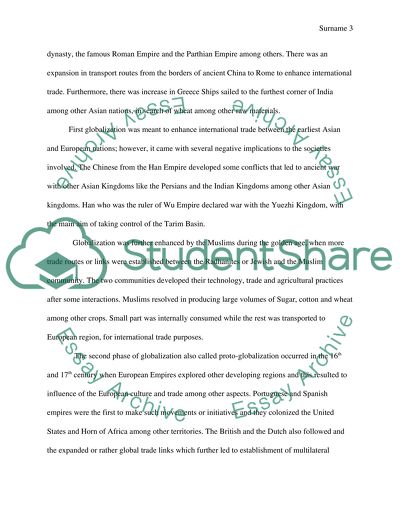Cite this document
(“History Essay Example | Topics and Well Written Essays - 1500 words - 5”, n.d.)
History Essay Example | Topics and Well Written Essays - 1500 words - 5. Retrieved from https://studentshare.org/history/1478752-history
History Essay Example | Topics and Well Written Essays - 1500 words - 5. Retrieved from https://studentshare.org/history/1478752-history
(History Essay Example | Topics and Well Written Essays - 1500 Words - 5)
History Essay Example | Topics and Well Written Essays - 1500 Words - 5. https://studentshare.org/history/1478752-history.
History Essay Example | Topics and Well Written Essays - 1500 Words - 5. https://studentshare.org/history/1478752-history.
“History Essay Example | Topics and Well Written Essays - 1500 Words - 5”, n.d. https://studentshare.org/history/1478752-history.


